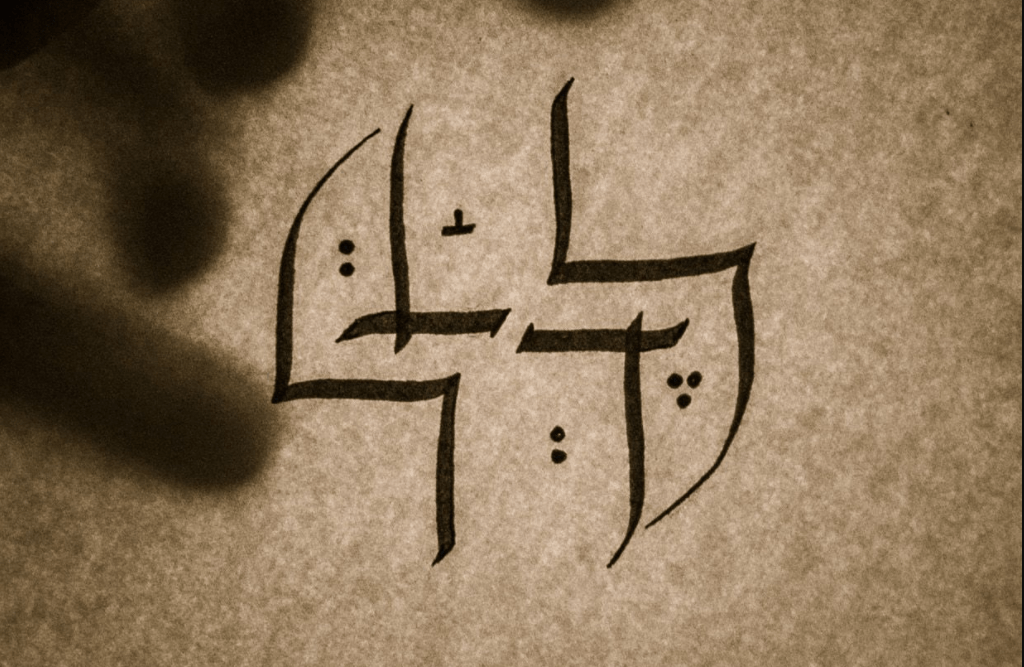By Rabbi Haim Ovadia
- Who initiated Avram’s exodus from Haran? In 11:31 we read the Terah initiated a journey from Ur to Canaan, in 12:1 God tells Avram to leave his land (is it Ur or Haran?), and in 15:7 God tell Avram that He took him out of Ur. Compare these sources to the book of Yehoshua (24:2-3).
- The Torah chose to tell us nothing about Avram’s character and behavior before God speaks to him at the age of 75. The only hint is given in a flashback in 18:19. Why didn’t the Torah give us more details?
- Did Avram make the right decision when he migrated to Egypt?
- Avram asks Saray to say that she is his sister, but she does not respond. Is it possible that she did not agree?
- Avram is criticized for putting Saray at risk. Could we defend him by saying that he asked for her consent, which was much more than what was the norm at the time? Lot, by comparison, is willing to sacrifice his daughters to save his guests.
- In exchange for Saray, Avram accepts from Pharaoh many gifts without objection (58:16), but when the king of Sodom wants to reward Avram for saving his life, Avram vehemently refuses (14:22-24). Why?
- Avram does not respond to Pharaoh when asked why he presented Saray as his sister (12:18-20), but gives a protracted answer to Avimelekh (20:11-13). Also compare Avram’s long answer (49 words) with that of Yitzhak (5 words in 26:9).
- The חמר mentioned in 14:10 is bitumen, an ancient fuel. That makes the war of the four kings against Sodom and its allies a war about energy sources. Why is it important to note that the kings of Sodom and Gomorra were trapped in the bitumen pits? Is there a connection to the חמר mentioned in the building of the Tower of Babel (11:3)?
- Avram defeats the four kings with an army of 418 people. What could this tell us about Avram and about those kings’ armies?
- Lot is Avram’s nephew, and he is described as such in 14:12, but immediately afterwards he is referred to as Avram’s brother (14:14 and 14:16). Why?
- Who is Malki-Tzedek? Is he related to Malki-Tzedek who is mentioned in Psalms (110:4)?
- The term Elyon as a name for God can be found mostly in Psalms (21 times). Of the other 10 times it appears in Tanakh, six times involve a foreigner. Four times in the dialog between Avram and Malki-Tzedek, once by Balaam (Num. 24:16), and one by Isaiah (14:14). Could this mean that the term was known to non-Hebrews? who quotes the King of Babel.
- Besides the word Elyon, there are several other connections to the story of Balaam. Malki-Tzedek welcomes Avram with bread and wine, while those who hired Balaam did not welcome the Israelites with bread and water. Avram rejects gifts while Balaam is greedy. The Moabites are the descendants of Lot who was saved here by Avram.
- What are the similarities between the Covenant of the Pieces (Chapter 15) and the Giving of the Law on Mount Sinai?
- Why does Avram accept the prophecy about his descendants’ exile and slavery without opposition? Did he understand the slavery and exodus to be a necessary experience? Could this be related to the central place of the exodus in Tanakh? If so, what is the lesson of the time spent in Egypt?
- Saray accuses Avram of treating her with injustice – חמס, why did she use this specific term?
- Why did Avram fail to see the way Hagar disrespected Saray?
- Avraham laughs when God tells him that Sarah will bear a child (17:17). Apparently, he is not rebuked for that, while Sarah is rebuked for a similar reaction (18:12-15), Why are they treated differently? Or, could we say that Avraham was rebuked?
Enjoy reading and learning,
Shabbat shalom
R. Haim Ovadia








Ohr HaChaim Yomi – Emor